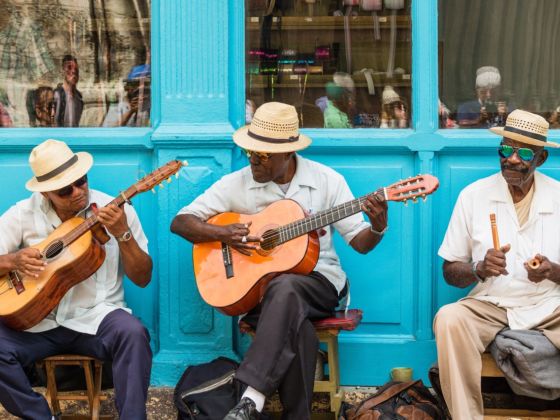ROBBED AT GUNPOINT. Chased by a pack of wild dogs. Swallowed by a rioting mob. Attacked by a black mamba. These might sound like plot points for a new Indiana Jones flick, but really they are just events in a year of Aaron Appleton’s life as a self-described “avant garde ethnomusicologist”.
Aaron travels nine months of the year recording vocalists from developing countries, in hopes of creating an album that combines these sounds with those of producers from the USA, Portugal, The Netherlands and Australia.
